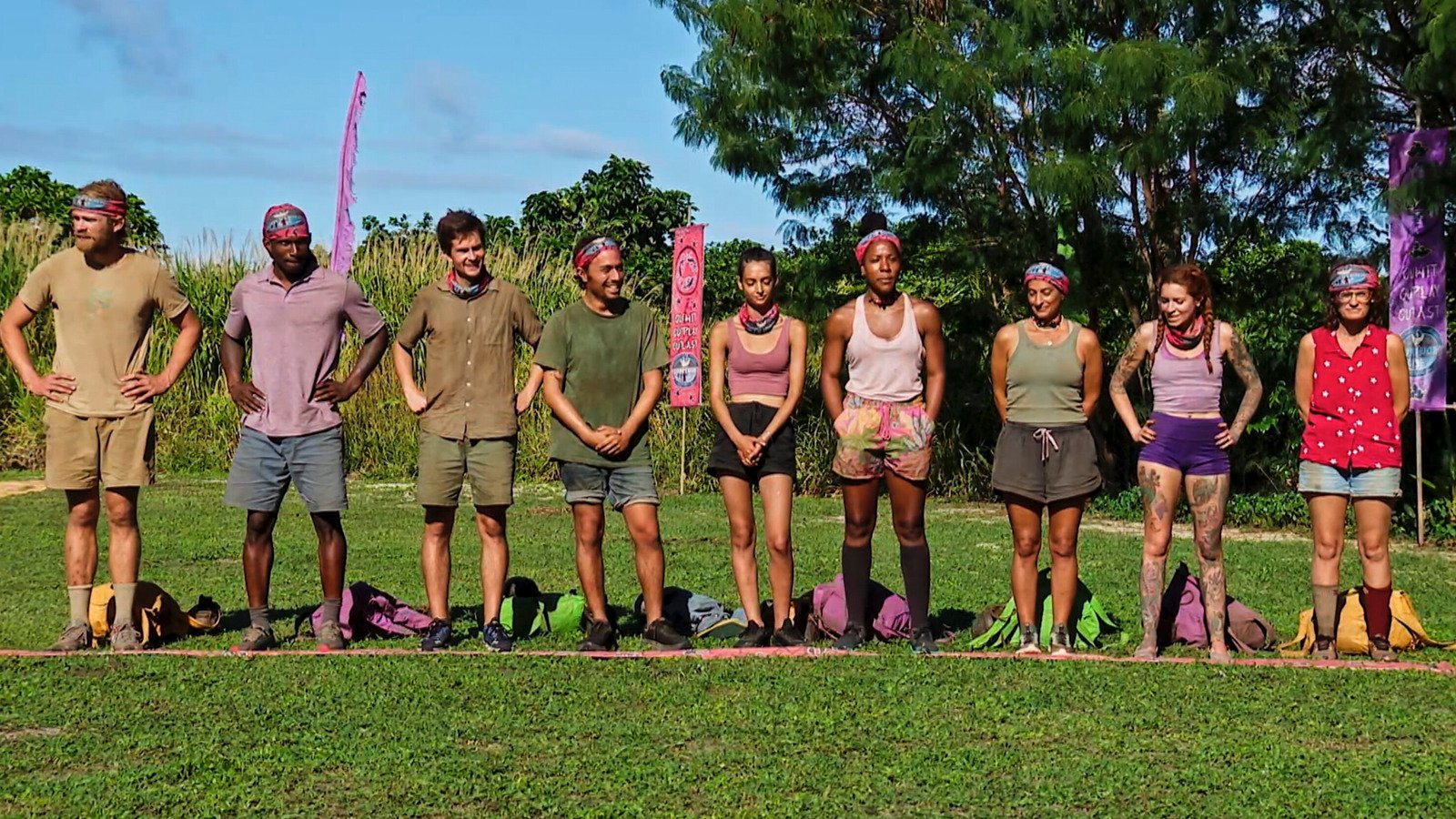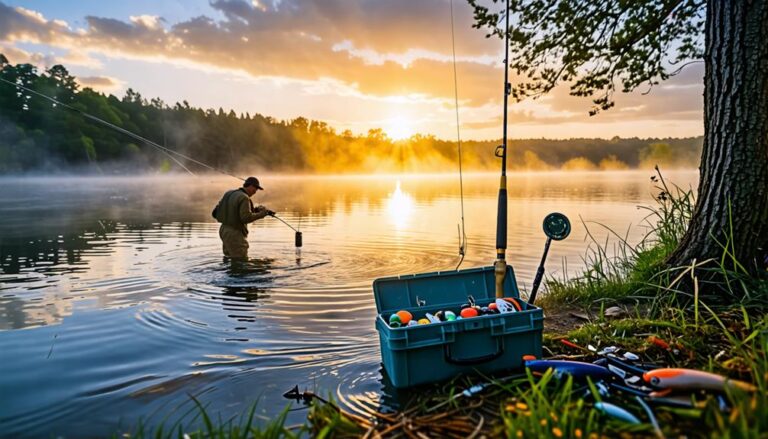The Water Supply Evolution on CBS’s Survivor: A Closer Look at Contestants’ Conditions
CBS’s beloved reality show "Survivor" has captivated audiences since its debut in 2000, presenting contestants with the ultimate test of endurance, teamwork, and survival instincts. Over the years, however, the challenges and conditions faced by contestants have evolved, particularly when it comes to one of the most crucial elements of survival: water. Gone are the days when participants had to toil to secure their water supply; let’s explore how these changes have transformed the game’s dynamics.
The Shift from Harsh Conditions to Managed Resources
In the early seasons of "Survivor," securing clean drinking water was a challenging task that required contestants to find, boil, and purify it to avoid illness. This arduous process not only tested their survival skills but also added an extra layer of tension as some contestants faced severe dehydration. Remember "Survivor: Africa," when half of the cast fell ill after resorting to dirty pond water? That was a wake-up call for producers and participants alike.
The turning point came around Season 23, when safety concerns prompted producers to reshape how water was managed on the island. Instead of leaving contestants to fend for themselves, the show began supplying clean water from a designated well. This strategic change addressed potential health crises and ensured all participants had access to life’s most essential resource—especially vital in harsh climates like Fiji, where many seasons are set.
How Contestants Access Clean Water
With the introduction of supplied water, the experience of contestants transformed dramatically. According to former crew members who participated in "Survivor," contestants now have access to a well that is periodically replenished with chilled water, straight from a cooler. This means they are no longer required to drink boiling water or take risks with their hydration. The convenience of filling up canteens without the labor of boiling has increased their odds of staying hydrated.
However, the well water isn’t without its challenges. As noted by contestant Tyson Apostal in an interview with Business Insider, over time, the water quality can deteriorate, making it unappealing. Apostal humorously claimed that the muddiness of the water left him longing for the days of clear drinking water, demonstrating the unique struggles that accompany this supposedly luxurious improvement. Even with modern conveniences, the trials of "Survivor" remain steadfast.
Medical Conditions and Evolving Challenges
Despite the availability of clean drinking water, "Survivor" contestants are still frequently subject to the harsh realities of the environment. Medical interventions have remained a common occurrence, as heat-related issues can still arise. For example, during Season 32, "Survivor: Kaôh Rōng," the intense conditions prompted several players to faint due to heat exhaustion. In extreme cases, contestants have needed to be medically evacuated.
This juxtaposition illustrates that while the water supply may be more reliable today, other factors still contribute to the survival challenge. Fiji’s tropical climate, with its intense heat and humidity, tested even the most seasoned players, emphasizing that survival extends beyond just hydration.
The Enduring Thrill of Survival
The evolution of water access on "Survivor" highlights how producers are attentive to contestants’ welfare and safety while preserving the core excitement of the game. While the first few seasons painted a picture of dire survival conditions, the current format allows players to focus on both strategy and social gameplay rather than merely scavenging for water.
As the show continues into its 46th season, the balance between managing contestants’ well-being and maintaining the spirit of competition is evident. The reality show has adapted to improve player safety without sacrificing the intense thrill that viewers have come to expect.
Whether through the chilling wells or the engaging challenges that lie ahead, "Survivor" remains a testament to human resilience and creativity, reminding us that survival is about more than just overcoming physical obstacles—it’s also about growing and adapting in unexpected ways.




